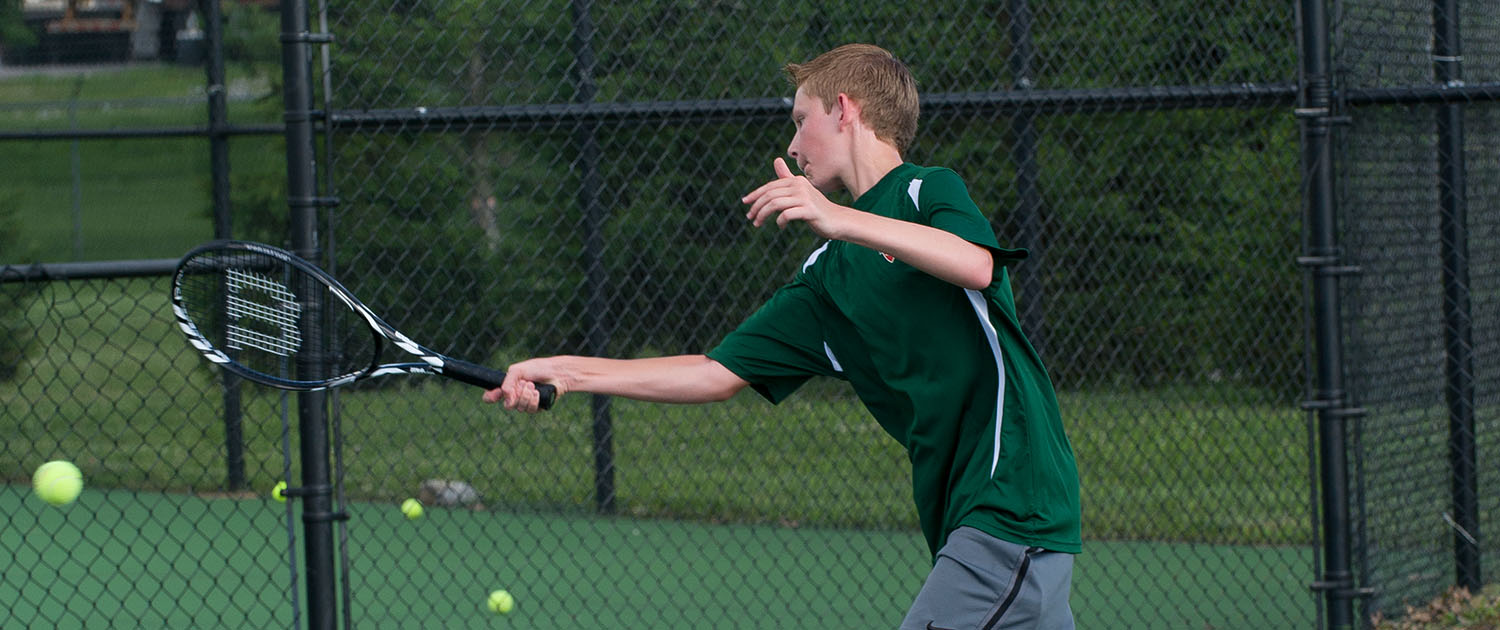Role of the Parent
Much has been said about the importance of the first experience, of getting kids started with simple activities at home, using the right equipment, finding the best program and the value of a good coach. The parent has a support role in all of these endeavors, but that doesn’t necessarily mean you have to assume responsibility of making your child a tennis player.
Learning to play and enjoy the sport of tennis is one of the greatest gifts you can give your child. As children go through the process of becoming a player, they will have numerous experiences that will serve as life lessons and create teachable moments. There will be times when winning and losing are an issue, and parents need to understand the ups and downs of winning and losing so they can keep the long-term development of their child in focus.
It has been said that sport does not build character, but it does reveal it. Tennis provides many opportunities for kids to learn and develop character by playing by the rules, making their own line calls, respecting officials and opponents, learning to win humbly and lose graciously. These are all teachable moments, and parents should take these opportunities to teach character at the highest standard.
Learning to play tennis and playing the game well will take a long-term commitment of practice, play and competition. The discipline of practice, training and conditioning is a great quality to develop. Tennis is an easy game to learn but it will take time, effort and dedication to meet the challenge of improving skills to achieve the goal of playing it well.
What better way to be active, which is a huge concern for many parents, than for your child to fall in love with tennis and enjoy playing this great sport for a lifetime. Tennis is almost unmatched in the physical activity it provides kids and players of all ages.
Parents can play a very important role in selecting a program and a coach. Once those decisions have been made, the parent should concentrate on being a supportive and encouraging role model and leave the teaching to the coaches. Let them be responsible for teaching the physical and mental skills necessary for winning. Parents should concentrate on developing those life skills that develop character—such as respect, effort, self-control, dedication, overcoming mistakes and adapting to the conditions—and will carry over into what your child becomes as an adult.
Tennis provides opportunities that are unique. Tennis is a great individual sport to learn. Children of all sizes and shapes can learn to play the game successfully and develop at their own pace. Much depends on the commitment to practice and play, but that can be determined with the help and guidance of the parent. There are individual-competition opportunities across the country starting with novice-level events that your child can enjoy. Starting as a child is a lifelong journey. Tennis can be played at any age in almost every country in the world.
Tennis is also a great team sport. Each year more and more kids are learning and competing as part of a team. They enjoy the social aspects of a team environment, the camaraderie of teammates and the support and encouragement of a coach. Many middle schools and most high schools offer tennis teams that allow kids to be with their friends, represent their school and compete as a team. The USTA offers Jr. Team Tennis programs that are spreading rapidly throughout the country. Team play continues as your child goes on to college with opportunities both at the varsity and club levels.
Finally, a positive experience of learning, playing and competing, and the enjoyment your child will have on the tennis court, driveway or hitting wall will be one of the great memories your child will take into adulthood. Tennis is a great gift—and one that every parent can provide to his or her child.


